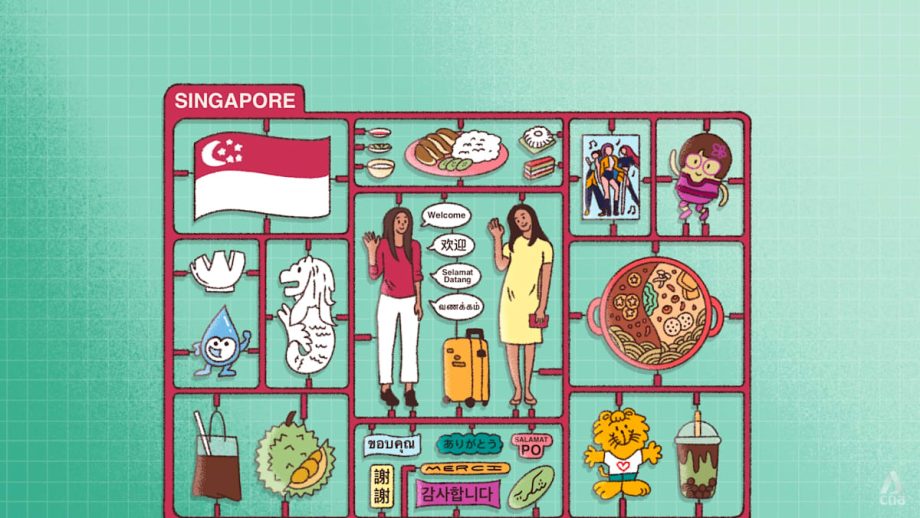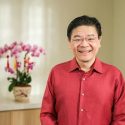But how to do so? The experts and Singaporeans themselves had some ideas.
For starters, Dr Tan Ern Ser said there has to be adequate housing, amenities, space and jobs for both Singaporeans and immigrants.
While competition can push people to achieve their fullest potential, a degree of xenophobia could also take root if Singaporeans are deprived, or perceive that they are deprived, of basic necessities that they feel entitled to as Singaporeans, he said.
At the same time, Asst Prof Peng of SMU said that Singaporeans must understand that they have benefited tangibly from the contributions of foreign residents.
Dr Rebecca Grace Tan of NUS, meanwhile, said the country should be sure to recognise and celebrate individuals’ own multifaceted identities.
“When these identities are recognised, celebrated and protected by society, we see that individuals feel seen and valued – not just as citizens but because of their unique cultural identity. This in turn strengthens their loyalty to the nation.”
The same should apply to newcomers, she added. While Singaporeans want new migrants to adapt, they cannot and should not try to erase these newcomers’ cultural identities.
She noted that many first-generation migrants may still have a sense of belonging to their – or their parents’ – country of birth, even if they now live in Singapore, hold Singaporean citizenship and love this nation. This should not make them less of a Singaporean, she said.






